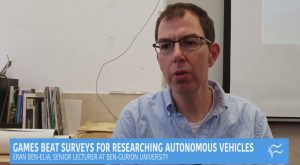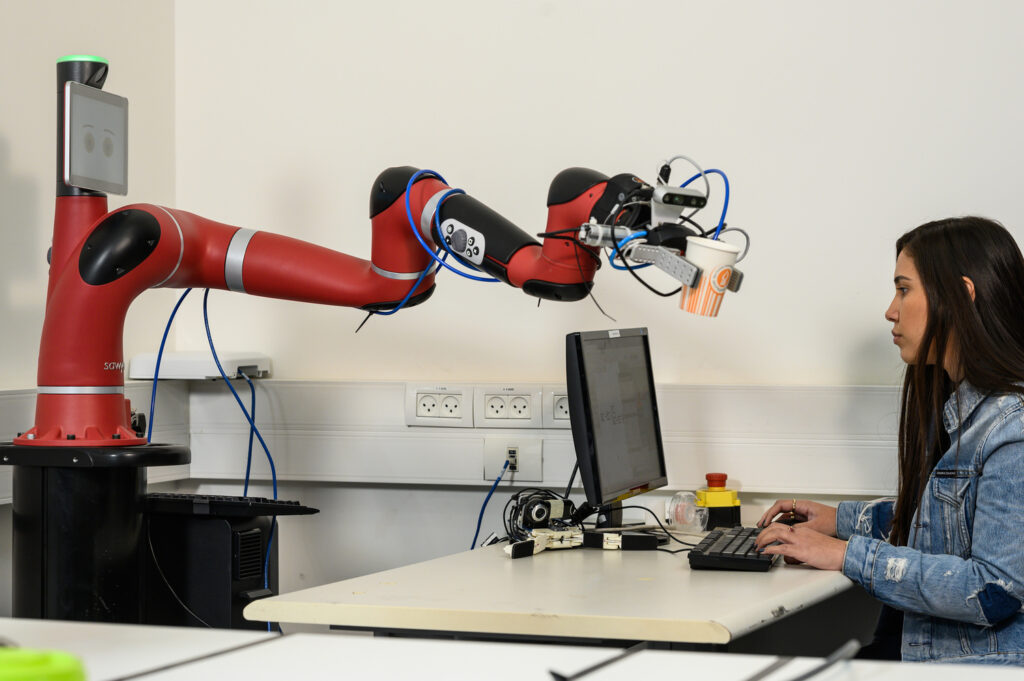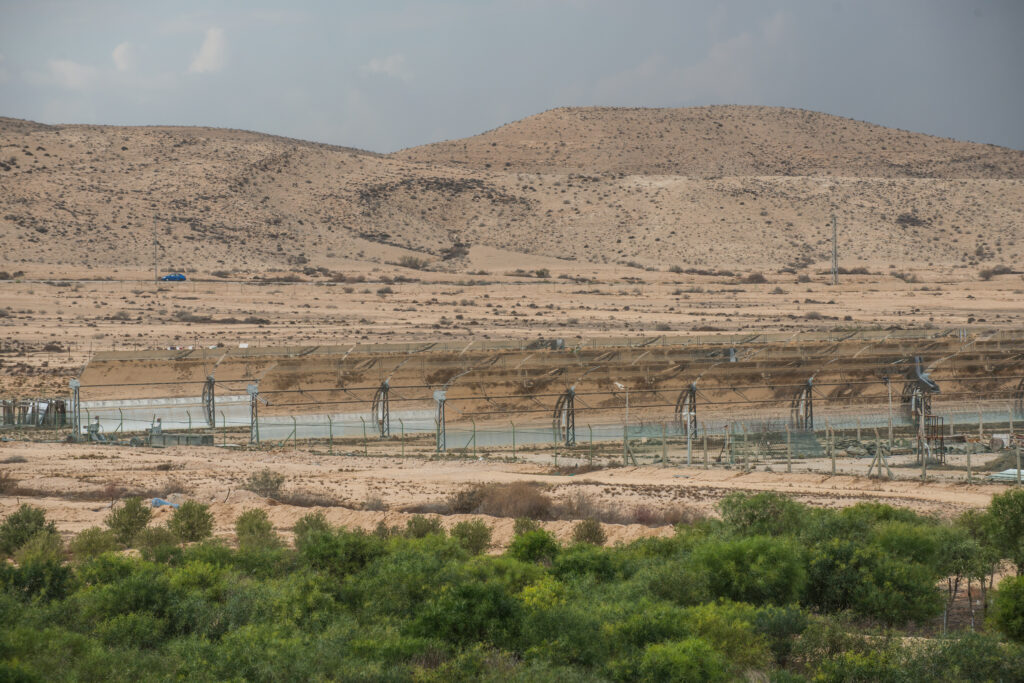
BGU Uses Games to Research Driverless Cars
BGU Uses Games to Research Driverless Cars
March 8, 2018
Robotics & High-Tech, Social Sciences & Humanities
TechRepublic – A team of researchers at BGU is taking a unique approach to researching and predicting some of the effects autonomous vehicles will have on society by testing the devices in BGU’s Game-Based Models Lab.
“A lot of what we are dealing with in transportation is experience-based and we need to understand how you react to situations in order to learn how you behave, and from how you behave, how to design and program technological solutions,” says Dr. Eran Ben-Elia, head of the lab and senior lecturer in the Department of Geography and Environmental Development.
“It’s nice to go into the real world, but the real world is very hard to manipulate. There are so many factors that I cannot control, so I prefer to use the lab,” says Dr. Ben-Elia.
“In the lab, we can play games. The games simplify reality but keep the basic rules and the dilemmas intact. This way, I can control factors that I cannot control in the real world, and then design games where people reveal their behavior, given certain situations, and they react accordingly,” he explains.
The lab can use technology to test for things like whether traffic can be rerouted or whether people would be willing to share rides in order to minimize traffic congestion. Simulations are then played out to find out what kinds of incentives people actually need in order to change their behaviors.
“Participants get a score, which they always react to. They can compete against other individuals in the game. So, actually, we have a microcosm of what’s really happening on the roads, or in the transportation system in general, but in a much more controlled scenario,” says Dr. Ben-Elia.
When asked how the researchers are able to recruit individuals for their tests, Dr. Ben-Elia says that the University posts about the experiments and asks for volunteers. Students usually volunteer in exchange for a stipend. In addition, incentives are often offered. “We always offer participation time and usually we also have extra incentives based on their performances and scores.”
Read more on the TechRepublic website >>
This article is excerpted from a story by Jason Hiner, a fellow of Americans for Ben-Gurion University’s 2018 Murray Fromson Journalism Fellowship.




